
MIT rejects White House education demands
The Massachusetts Institute of Technology refused to sign the White House agreement that would grant federal funds linked to the administration’s demands.
The Trump administration proposed a “Compact for Academic Excellence in Higher Education” to nine universities. The agreement offers special access to federal funding in exchange for commitments to eliminate racial discrimination in admissions and freeze tuition rates for the next five years, among other things.
The nine universities include: Brown University, the University of Pennsylvania, Dartmouth College, the Massachusetts Institute of Technology, Vanderbilt University, the University of Southern California, the University of Texas at Austin, the University of Virginia and the University of Arizona.
The compact states the universities are not required to sign the document, but would lose federal grants if they didn’t.
MIT is the first university to refuse the demands. In a letter to the Education Secretary Linda McMahon, MIT President Sally Kornbluth announced the decision.
“In our view, America’s leadership in science and innovation depends on independent thinking and open competition for excellence,” Kornbluth said. “In that free marketplace of ideas, the people of MIT gladly compete with the very best, without preferences. Therefore, with respect, we cannot support the proposed approach to addressing the issues facing higher education.”
MIT will continue to support freedom of expression, the MIT president added.
“We must hear facts and opinions we don’t like — and engage respectfully with those with whom we disagree,” Kornbluth wrote.
The American Association of University Professors is urging colleges to reject the proposed compact. Ariel White, vice president of MIT’s AAUP chapter, emphasized that universities should follow MIT’s lead and refuse to sign.
“The goal is to leave universities powerless and at the whim of the federal government and of the president personally and to make sure that universities cannot provide any sort of opposition to or simple disagreement with this administration,” White said. “Even if some individual parts of this deal sound OK to you now, you should not sign because it will not end there.”
Latest News Stories

Illinois quick hits: Education tax benefits available; Giannoulias orders license plate reader to shut off access to CBP
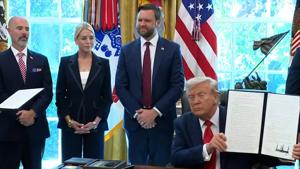
WATCH: Trump order withholds funds over no-cash bail policies like Illinois’

Trump eyes First Amendment showdown with order to prosecute flag burning
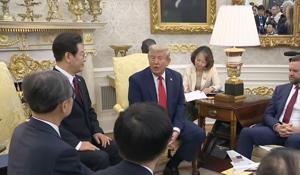
Trump strikes positive tone with South Korean president

House Oversight Committee to investigate D.C. police over crime data

Twenty years later, Katrina still among Atlantic’s most deadly, costly

CBO says tariffs could raise $4 trillion over next decade, raise prices
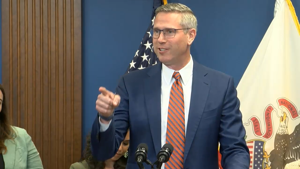
IL Treasurer to work with lawmakers after Pritzker’s veto of nonprofit bill

WATCH: Chicago reacts to Trump’s public safety push; AI in schools; rural health care

Will County Board Approves New Fee Schedule for Recorder of Deeds
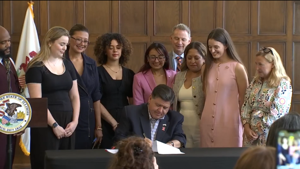
Illinois expands campus abortion access, shields doctors from legal risk

Illinois quick hits: Human trafficking enforcement; health care fraud division announced

Trump plans to clean up Democrat-run cities over local objections
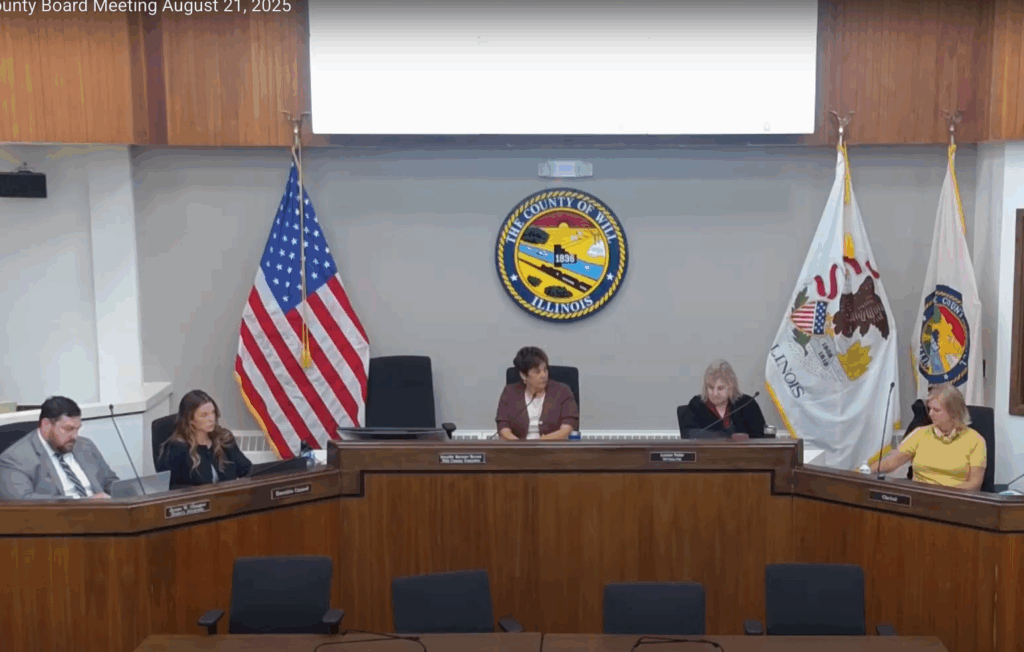
Will County Board Formally Opposes Heavier, Longer Trucks on National Roadways
